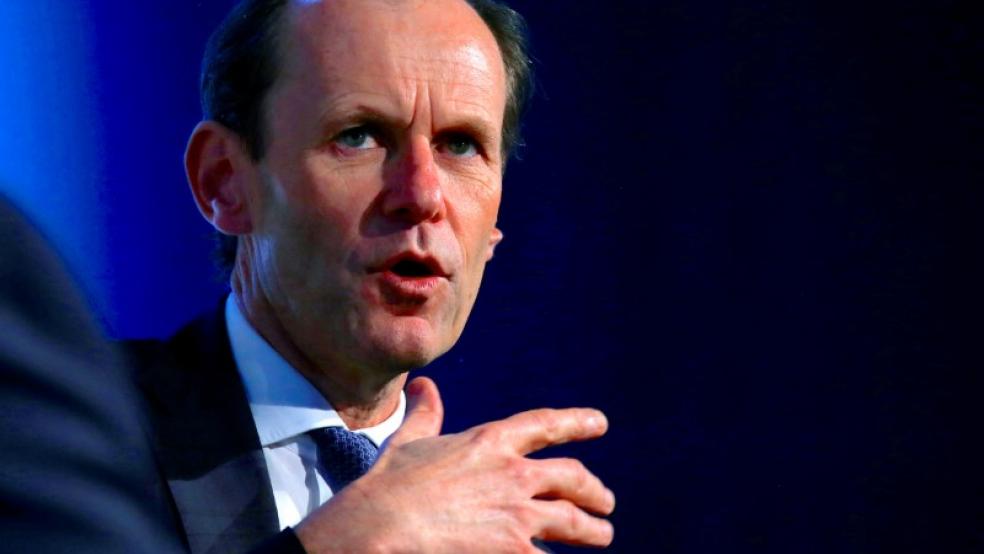SYDNEY (Reuters) - Australia and New Zealand Banking Group's transformation into a smaller bank and other steps it is taking will speed up a push to change its business culture, following a series of scandals in the financial sector, its CEO said.Banks in Australia have come under intense political pressure amid calls for a powerful judicial inquiry into the financial sector, following revelations of misleading financial advice, insurance fraud and alleged interest-rate rigging.The outcry culminated in parliamentary hearings last month where the heads of the so-called Big Four - ANZ, Commonwealth Bank of Australia , National Australia Bank and Westpac Banking Group - repeatedly apologized for bad behavior. Shayne Elliott, who took up ANZ's top job at the start of the year, said the bank is ready to shift the dialogue "away from protecting the bank from a bad reputation to actually thinking about the broader impact of those decisions on the community"."I accept we are not there yet but that is exactly what we are working through," he told Reuters in an interview.Elliott said ANZ's plan to sell its non-core businesses, including its domestic wealth business and minority stakes in Shanghai Rural Commercial Bank Co., Bank of Tianjin Co., PT Bank Pan Indonesia and Malaysia’s AMMB Holdings Bhd, would help transform its culture."I figure a smaller, simpler bank will be easier to manage," he told a Reuters Newsmaker event earlier in the day. "We should do less things for less people, do things that we're really, really good at and can win, and that will be an easier place to transform as well."The bank, Australia's third largest by market value, is setting up a reputational-risks committee to evaluate a new customer, industry or transaction, the CEO said.It is also going back to basics in its trading business, where it executes customer orders and manages balance sheets, speaking to traders in small groups to make clear its expectations."When people don't live up to those standards, it is important," Elliott said. "It is like having children. We need to set the boundaries and when they cross those boundaries there need to be consequences."And the message is filtering through to the 60,000-odd employees of the bank who were this week told they wouldn't receive their traditional annual A$1,000 ($748.20) share bonus.The bonus stock allocation "was intended to share the benefit of good years", Elliott said. "It was not a good year." (Editing by Muralikumar Anantharaman)

